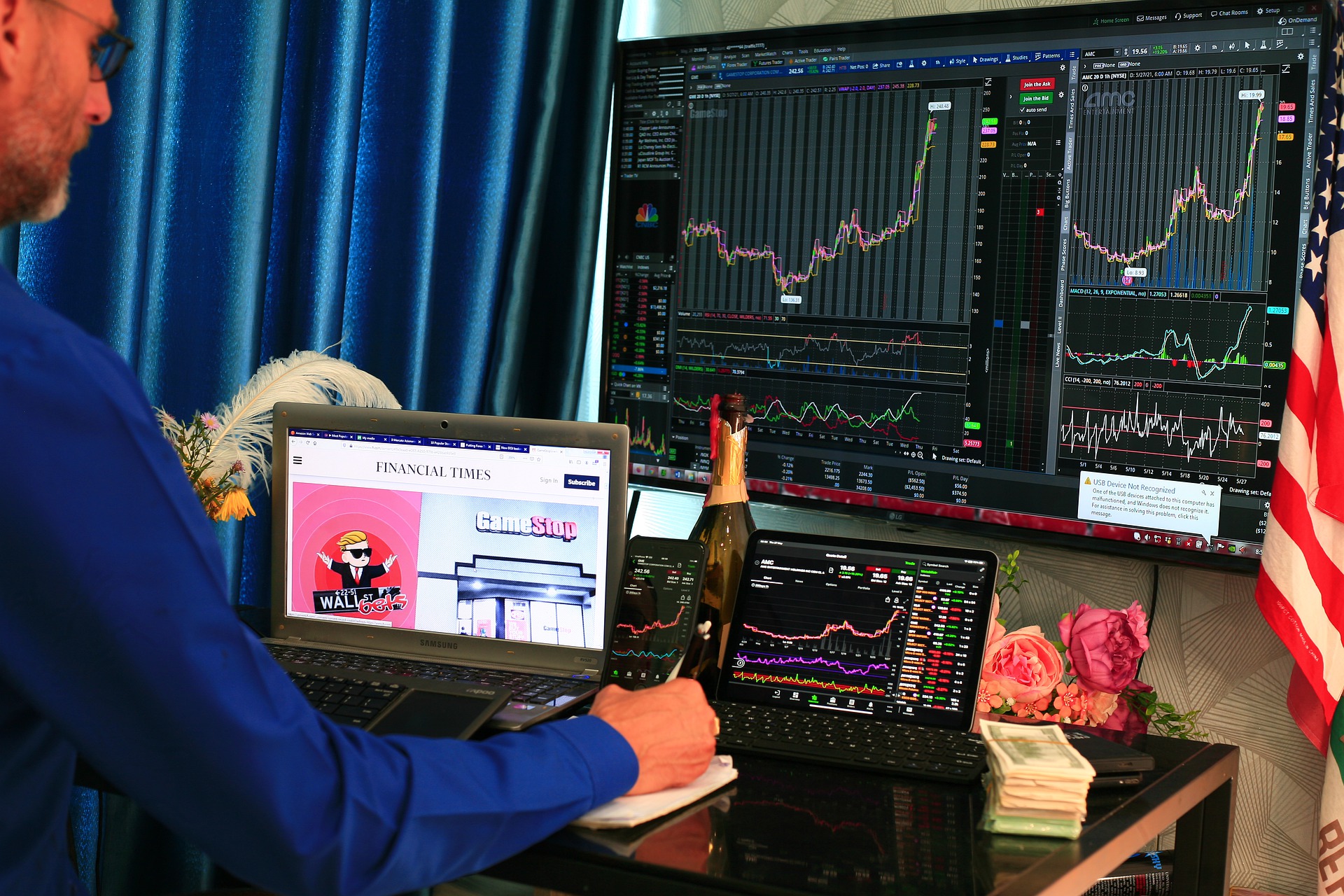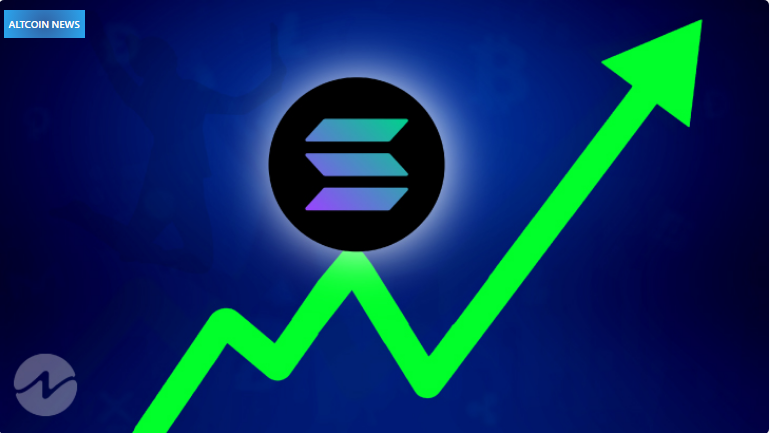Warren Buffett said in one of his famous quotes, “Be fearful when others are greedy, and greedy when others are fearful”. Sometimes, we may get too cautious of our investments that we end up not taking the actions that could potentially transform our lives. When it comes to buying and selling, every investor knows that to get maximum profits from sales, they have to seek to buy at a relatively lower price.
Unfortunately, it is not every time you see market prices fall; most times, market price fluctuations could get you so confused that in an attempt to minimize risk, you end up with numerous indecisions. Some other times you may have to wait a long time with your idle capital as you wait for your desirable buy order to get filled.
What you may not realize is that you can earn a steady revenue stream while you are waiting by trading on options. Buffett himself once made $7.5M in 5 minutes using this very strategy. That, therefore, begs the question, what is options trading and how can you leverage it to minimize risks and earn more profits?
Options trading explained
For a beginner, options is a system of trading that involves the purchase and sales of assets, securities or derivatives at a stipulated price within an agreed period. This means that within a specific period, you’ll be able to buy and sell at a fixed price regardless of the existing market prices within that same period.
By this definition, three elements make up an options trade:
Option type (buy or sell option)
A fixed price (or strike price)
The agreed period (after which the option expires).
For an options trade agreement to proceed, you as the trader (either the buyer or the seller) would have to pay a certain amount to secure the option. This is known as premium, it is merely a fraction of your trading capital.
Within the period of this options agreement, you will be able to either exercise the option or not, depending on how favorable market conditions are. If you decide not to exercise the option, it will expire after the time period elapses and your loss would be only the premium amount. In which case the loss is only a fraction of what you could have lost if you were trading directly.
There are two examples of types of options trading:
1. Put option
Buying this type of option simply means you have an asset that you wish to sell. If you expect market prices to drop and you fear your assets will lose much in value within this period, then this option is for you.
For example, supposing Bitcoin prices stand at $35,000 and David has 1 Bitcoin which he is willing to sell for the same amount but he fears that the prices will drop in the coming month, he can decide to pay a premium to get an options contract starting from the 1st of June to the 1st of July. He will therefore set the strike price at $35,000 for the period of this contract.
If towards the end of April, the Bitcoin price falls to about $28,000, David can decide to exercise this contract by surrendering the collateral (which is the 1 Bitcoin he owns). Once this is done, he receives $35,000 instead of the $28,000 which would have translated into a $7,000 loss if he was trading directly.
In contrast, should the price of Bitcoin appreciate to about $43,000 during this period, David may decide not to exercise this contract to sell his Bitcoin for less. In this case, he forfeits the contract and loses only a fraction of his capital which is the amount paid for the premium.
2. Call option
This category of options trade marks you as the buyer. After obtaining a call option, you’ll need to decide on the amount you would buy the asset and specify the period after which it expires.
Taking David as an example once again, let’s say on June 1st he decides to purchase a call option for 1 Bitcoin at a specified price of $35,000 since he expects prices to rise. He consequently pays the premium fee and sets the contract to expire on the 1st of July.
If towards the end of June Bitcoin begins selling at $43,000, he may decide to exercise the call option by depositing the required collateral which in this case is the strike price of $35,000. That way, he saves up to $8,000 which he could have spent had he decided to buy Bitcoin at a later date.
However, supposing the price of bitcoin slumps to $28,000, he may decide not to exercise the call option and in which case he’d lose only the amount of premium paid, minimizing risk in the process.
Call options are usually good for bullish traders who expect the market prices to climb.
Where can you trade options?
Options trading is available on the Hedget platform. Since their arrival in the DeFi space, the platform has brought amazing use cases for trading options. In addition to the above-listed options trading examples and digital settlements, they also provide the opportunity for cash collateralization and settlement.
The platform ranks among the first movers and market leaders of Bitcoin and cryptocurrency put and call options. Running on both Binance Smart Chain and Ethereum, they are currently tuning up their platform and preparing to crank up option liquidity through their strategic partners.
Trading options on Hedget is as easy as it can get, you simply have to visit their website at https://www.hedget.com and explore how you can enhance your crypto trading toolkit with techniques such as the aforementioned options trading.
Image by Sergei Tokmakov, Esq.




